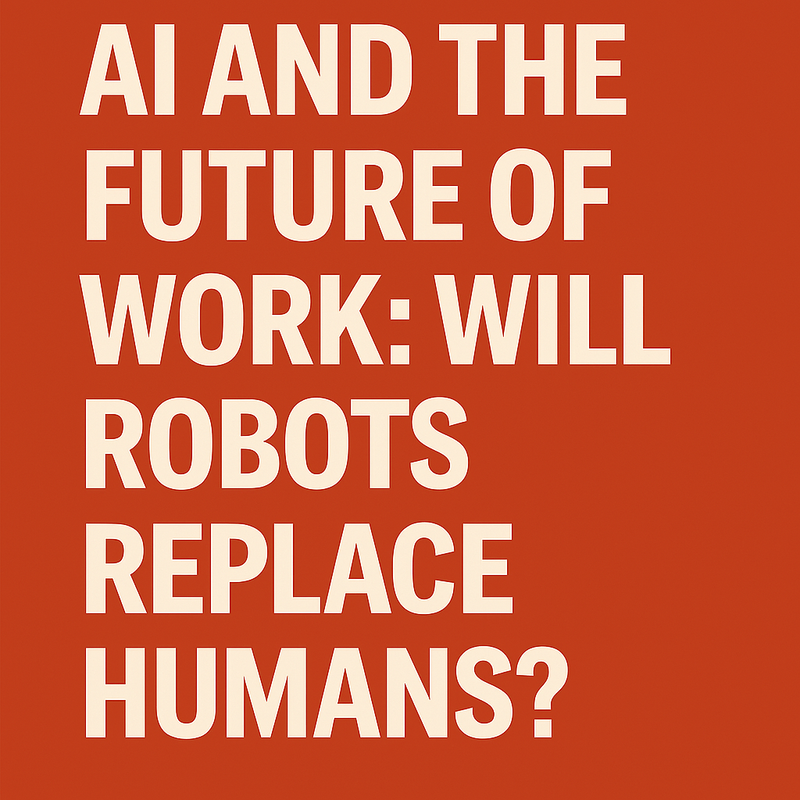AI and the Future of Work: Will Robots Replace Humans?
 Illustration: Human-robot collaboration in today's workplace. (Source: Kompas Palu)
Illustration: Human-robot collaboration in today's workplace. (Source: Kompas Palu)
Kompas Palu – AI Is Reshaping the Workforce
Dear Kompas Palu readers, artificial intelligence (AI) is no longer confined to science fiction. It has permeated our lives and jobs—from manufacturing to healthcare. The big question is: will AI eventually replace human workers entirely?
What is AI? More Than Just Robots
AI isn't limited to humanoid robots from movies. It includes technologies like machine learning, natural language processing, computer vision, and automation. These are designed to make systems smarter, more efficient, and capable of operating without direct human involvement.
Jobs Being Transformed by AI
AI has already taken over many repetitive tasks. In hospitals, robots assist in surgeries. In finance, AI detects fraud. In factories, robots manage logistics. But it's crucial to note: AI doesn't always eliminate jobs—it changes their nature and focus.
Will Robots Truly Replace All Jobs?
According to the World Economic Forum, AI will displace 85 million jobs by 2025. But don’t panic—AI will also create 97 million new roles! These new jobs require creativity, emotional intelligence, and critical thinking—skills robots can't yet replicate.
| Jobs at Risk | New Jobs from AI |
|---|---|
| Data entry clerks | AI ethicists |
| Telemarketers | Machine learning engineers |
| Taxi and truck drivers | Robot maintenance technicians |
| Factory workers | Human-AI interaction designers |
Human Strengths Still Matter
Despite AI's advancements, humans have irreplaceable qualities: empathy, creativity, moral judgment, and adaptability. Thus, roles in education, mental health, art, and social work remain essential and irreplaceable.
How to Thrive in the AI Era
To stay relevant, workers and young professionals should:
- Enhance digital and technological skills
- Attend regular online training sessions
- Develop soft skills like communication, leadership, and collaboration
- Collaborate with AI instead of competing with it
The Role of Governments and Companies
Governments and corporations must support this transformation by providing access to education, reskilling programs, and ethical guidelines for AI use. This ensures no one is left behind in the tech evolution.
Conclusion: Collaboration, Not Competition
Rather than replacing humans, AI heralds a new era where people and machines work together. The future isn’t about superiority, but about how we collaborate to build smarter and more human-centered workplaces.
Related Articles
- How AI Is Changing the Face of Journalism – Kompas Palu
- 7 Must-Have Skills in 2025 to Succeed in the Digital Era
Author: Akbar
Editor: Nara
Source: Kompas Palu




No comments
Post a Comment
Apa pendapat kalian?🤔